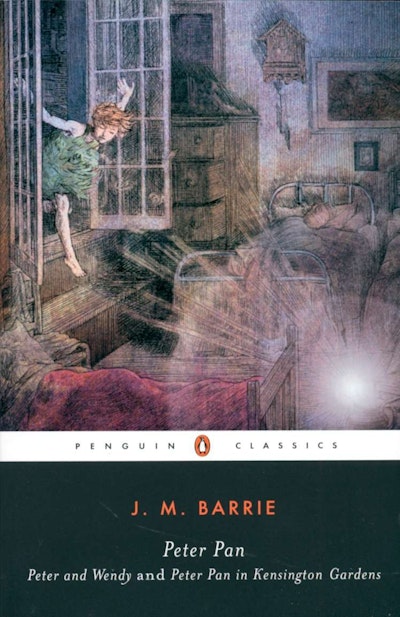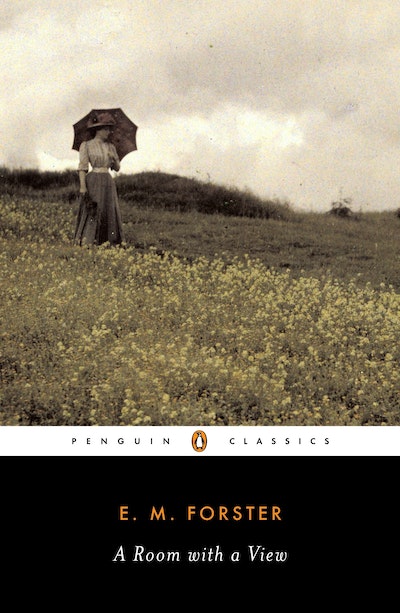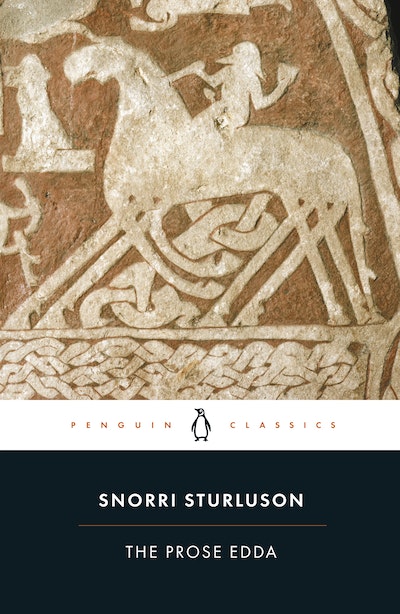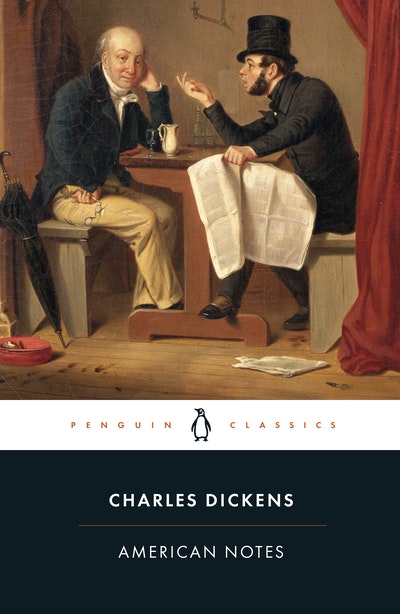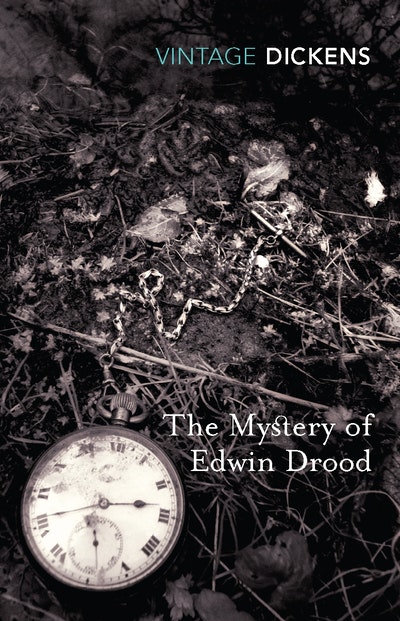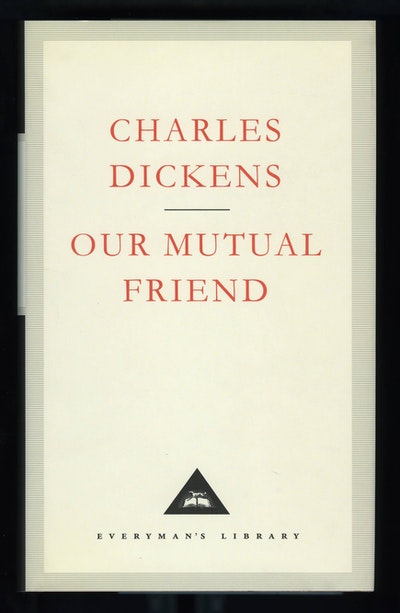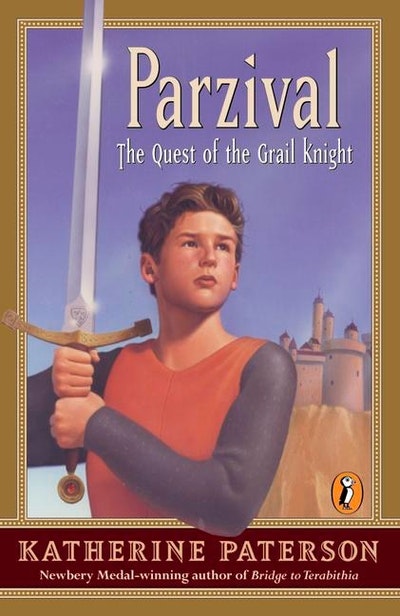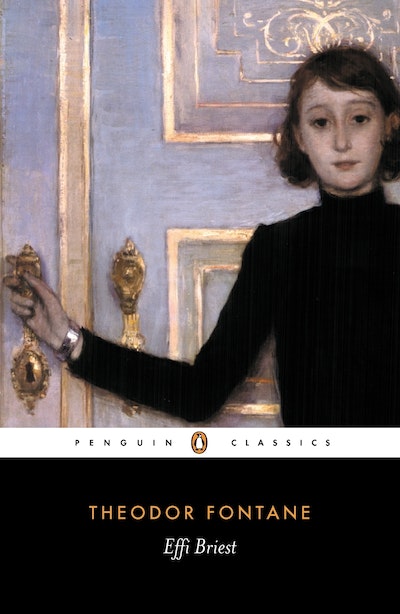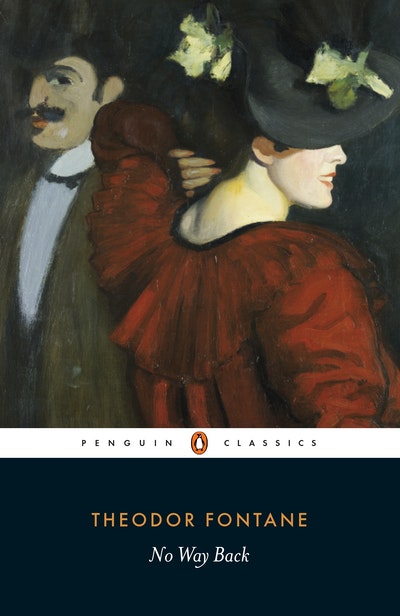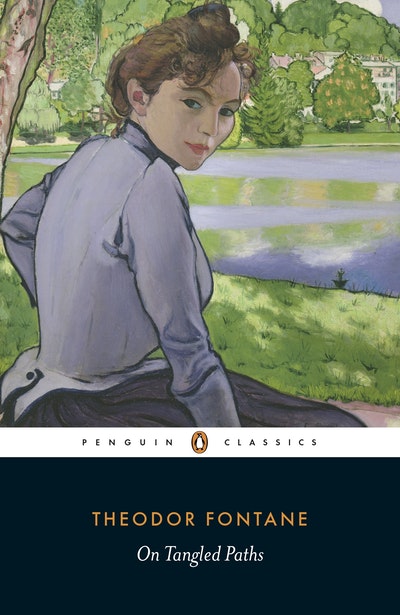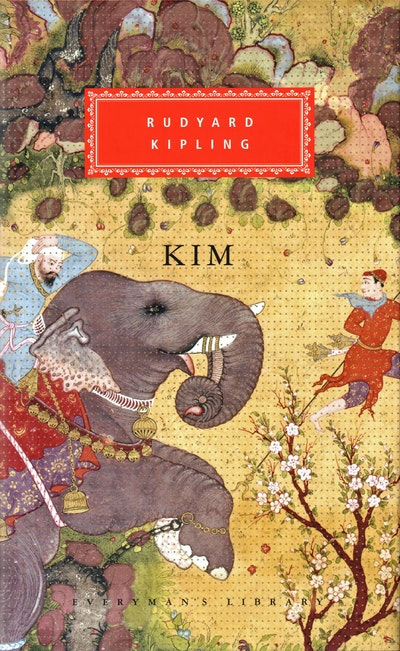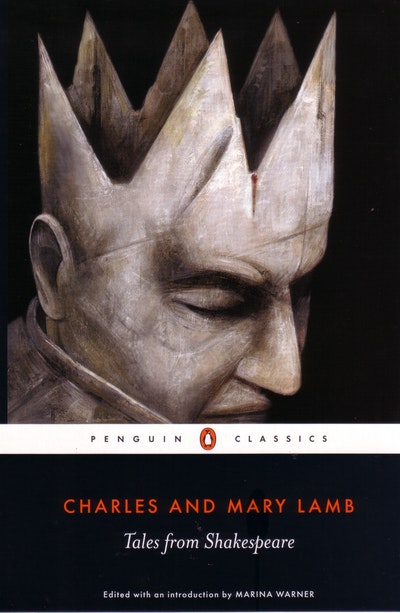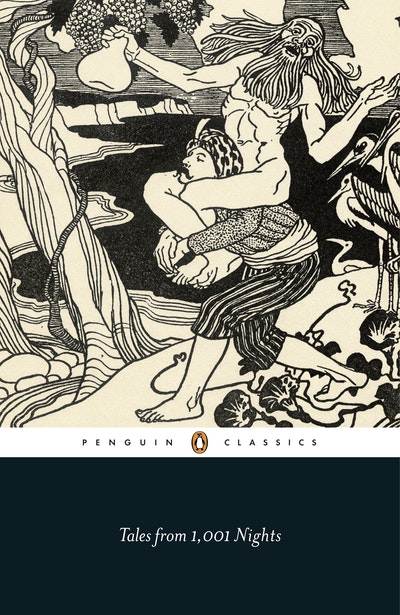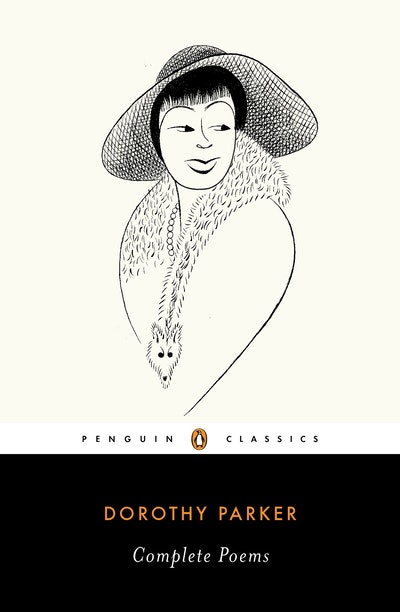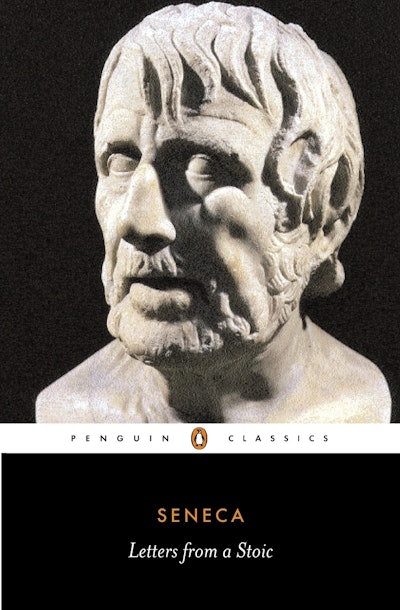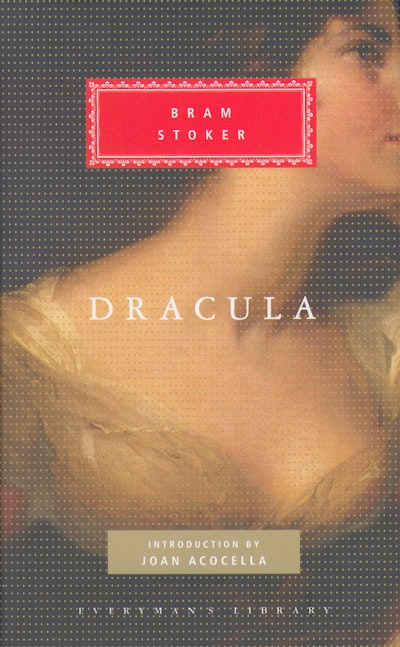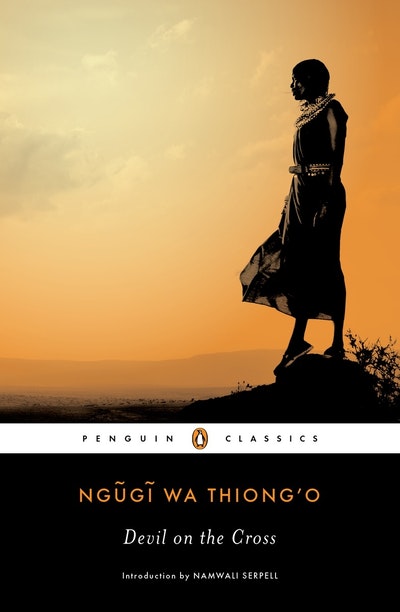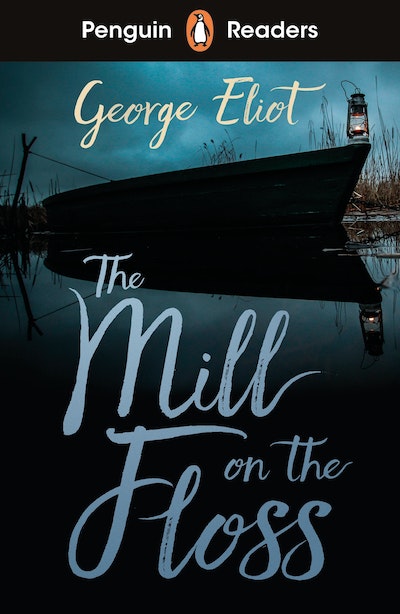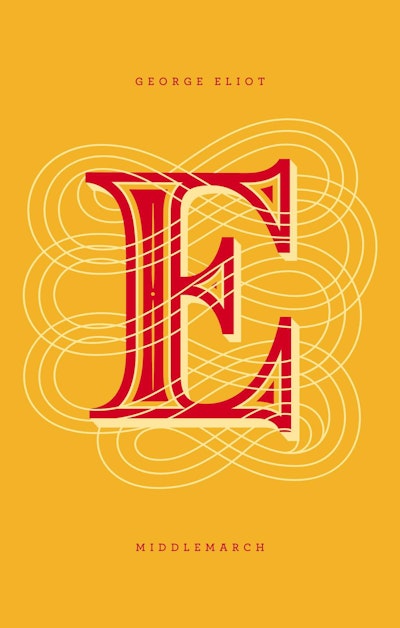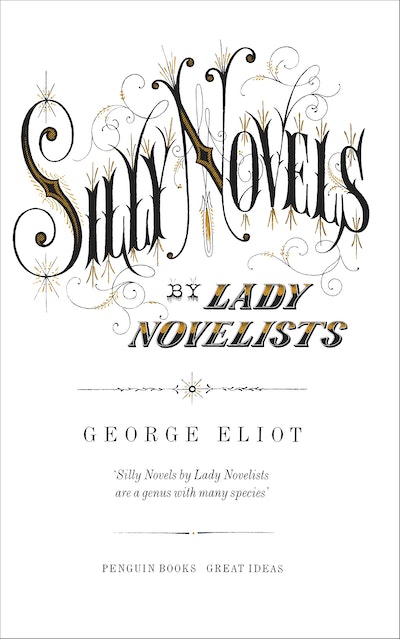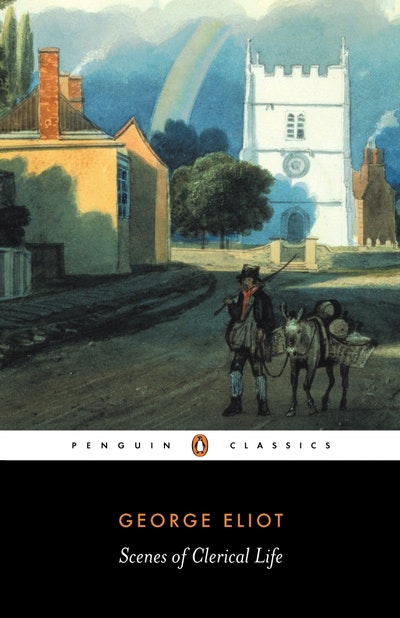- Published: 3 January 2017
- ISBN: 9780099577287
- Imprint: Vintage Classics
- Format: Paperback
- Pages: 624
- RRP: $24.99
Adam Bede
A tale of rural tragedy and redemption, George Eliot's first novel
Discover George Eliot’s first novel, a tale of rural tragedy and redemption.
It may seem like an old tale: the beautiful village girl, her faithful admirer, a country squire's seduction. But seen through the eyes of any of its players, the old tale becomes one of fresh heartbreak, innocent hopes, best intentions gone awry, and better selves lost and restored. George Eliot's first novel shows all her humane intelligence and intimate knowledge of the richness and complexity of ordinary life.
- Published: 3 January 2017
- ISBN: 9780099577287
- Imprint: Vintage Classics
- Format: Paperback
- Pages: 624
- RRP: $24.99
Other books in the series
About the author
Mary Ann (Marian) Evans was born in 1819 in Warwickshire. She attended schools in Nuneaton and Coventry, coming under the influence of evangelical teachers and clergymen. In 1836 her mother died and Marian became her father's housekeeper, educating herself in her spare time. In 1841 she moved to Coventry, and met Charles and Caroline Bray, local progressive intellectuals. Through them she was commissioned to translate Strauss's Life of Jesus and met the radical publisher John Chapman, who, when he purchased the Westminster Review in 1851, made her his managing editor.
Having lost her Christian faith and thereby alienated her family, she moved to London and met Herbert Spencer (whom she nearly married, only he found her too 'morbidly intellectual') and the versatile man-of-letters George Henry Lewes. Lewes was separated from his wife, but with no possibility of divorce. In 1854 he and Marian decided to live together, and did so until Lewes's death in 1878. It was he who encouraged her to turn from philosophy and journalism to fiction, and during those years, under the name of George Eliot, she wrote Scenes of Clerical Life, Adam Bede, The Mill on the Floss, Silas Marner, Romola, Felix Holt, Middlemarch and Daniel Deronda, as well as numerous essays, articles and reviews.
George Eliot died in 1880, only a few months after marrying J. W. Cross, an old friend and admirer, who became her first biographer. She was buried beside Lewes at Highgate. George Eliot combined a formidable intelligence with imaginative sympathy and acute powers of observation, and became one of the greatest and most influential of English novelists. Her choice of material widened the horizons of the novel and her psychological insights radically influenced the novelist's approach to characterization. Middlemarch, considered by most to be her masterpiece, was said by Virginia Woolf to be 'one of the few English novels written for grown-up people'.
Praise for Adam Bede
From Adam Bede to Daniel Deronda, she questioned her times. She plumbed ideas, politics, religion, race, and above all the vagaries of the heart
Guardian
A disconcerting mixture of High Victorian and snappily contemporary. The sentences tend to be massive, slow-moving but deadly accurate: the characters' motivations are dissected, the moral puzzles presented with great clarity
Independent
A first-rate novel
The Times
The whole country life that the story is set in, is so real, and so droll and genuine, and yet so selected and polished by art, that I cannot praise it enough to you
Charles Dickens




































































